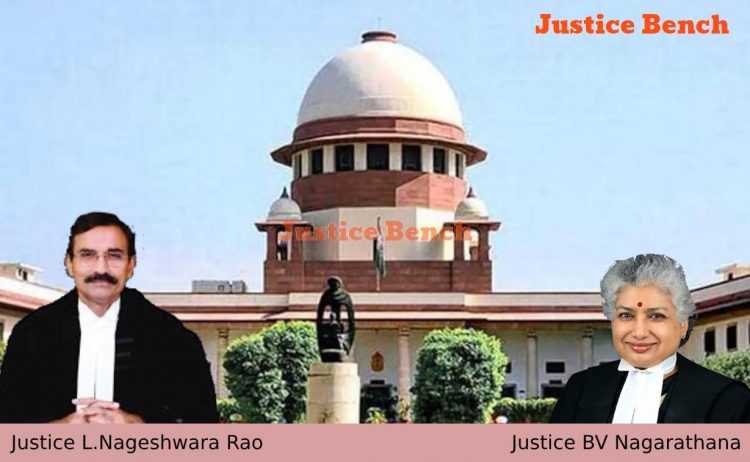The Supreme Court, comprising Justices L. Nageswara Rao, BR Gavai, and BV Nagarathna, has ruled that a partition document outlining the division of properties in the future is exempt from registration under section 17(2)(v) of the Registration Act, 1908.
The Court clarified that the key criterion is whether the document itself establishes an interest in a specific immovable property or merely establishes a right to obtain another title document.
If the document does not independently create a right or interest in the immovable property but only establishes a right to acquire another document, which, when executed, will create a right in the claimant, then the former document does not require registration and is admissible in evidence.
The case involved a resolution passed by panchayatdars concerning family property, detailing future property management.
No specific right was created in any particular joint family property, but the resolution outlined actions to be taken in accordance with a family arrangement.
The Supreme Court determined that the award was a prospective property division arrangement, distinct from an actual partition deed involving both the severance of status and the division of joint family properties by metes and bounds.
Therefore, it was deemed exempt from registration under Section 17(2)(v) of the Act.
[K. Arumuga Velaiah v. PR Ramasamy, 2022 SCC OnLine SC 95, decided on 27.01.2022]
*Judgment by: Justice BV Nagarathna
Counsels
For appellant: Advocate V. Prabhakar
For respondent: Advocate K.K. Mani
To read more articles click here













